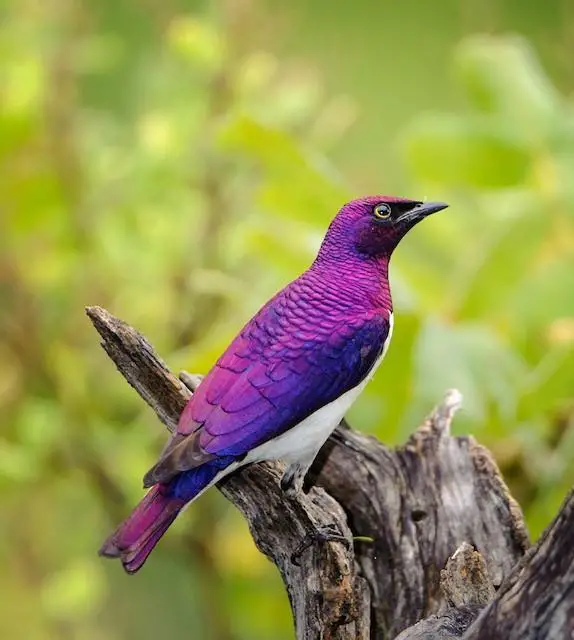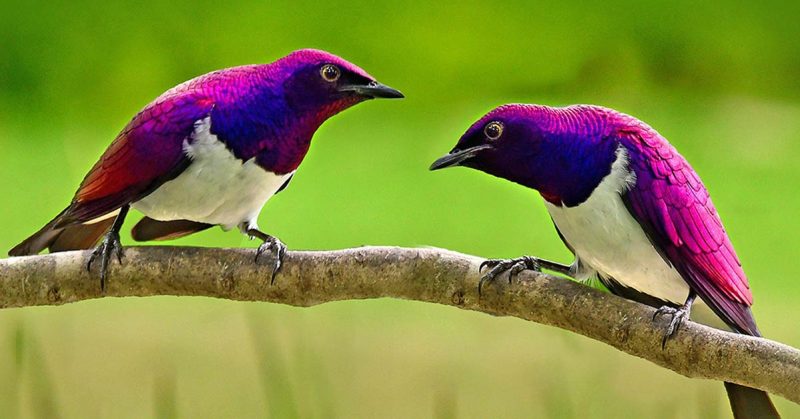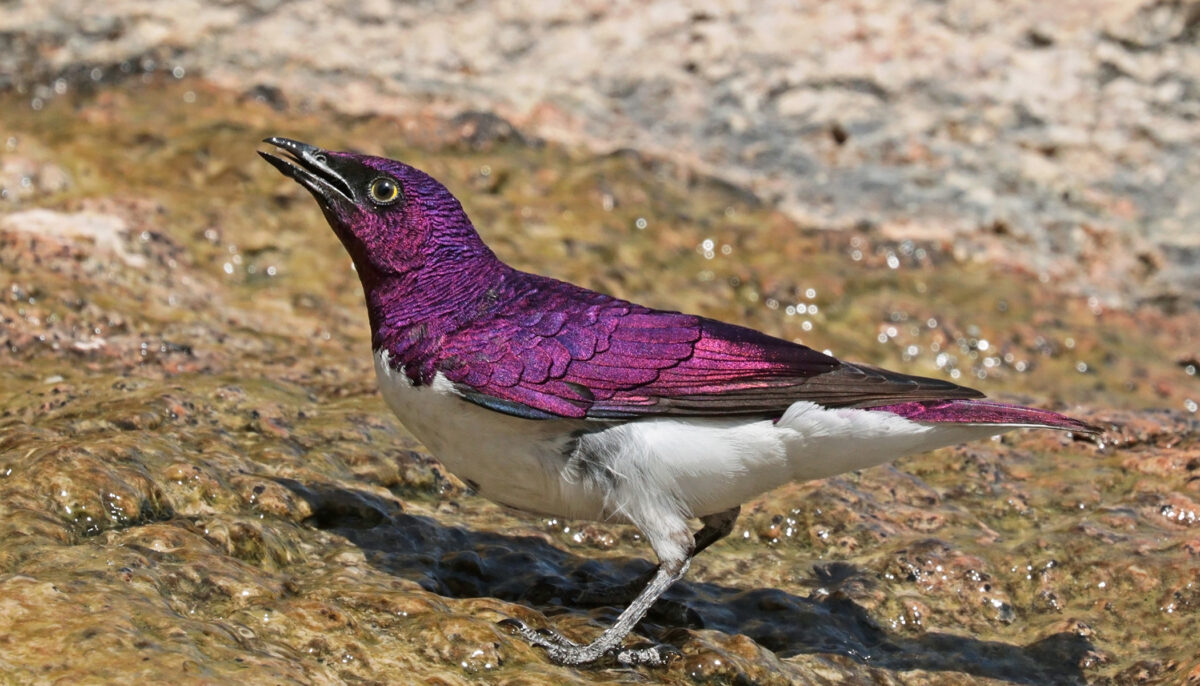
In the quiet depths of North America’s forests, a mysterious and haunting call echoes through the night—an eerie, repetitive “whip-poor-will.” This nocturnal songster, known as the Eastern Whip-Poor-Will, is a bird shrouded in enigma, captivating the hearts and curiosity of those fortunate enough to encounter its haunting melody.

The Eastern Whip-Poor-Will (Antrostomus vociferus) is a medium-sized nightjar, belonging to a family of nocturnal birds known for their cryptic plumage and distinctive vocalizations. It is primarily found in the eastern and central regions of North America, where it inhabits woodlands, thickets, and open country, making its presence known as dusk falls.

The bird’s common name, “Whip-Poor-Will,” derives from its enchanting call, which is often likened to the repetitive phrase “whip-poor-will.” This call is a staple of summer nights in its range, with males singing fervently to attract females and establish territory.

During the daytime, the Eastern Whip-Poor-Will is a master of camouflage. Its mottled brown and gray plumage provides near-perfect concealment among the leaf litter and branches of the forest floor. This cryptic appearance helps it avoid detection by potential predators.

As twilight fades, the Eastern Whip-Poor-Will emerges from its daytime roost to hunt for insects—its primary source of sustenance. With its large eyes adapted for low-light conditions, it relies on its exceptional night vision to capture flying insects, such as moths, beetles, and mosquitoes, in mid-air.

During the breeding season, males perform elaborate aerial displays to attract females. Once a pair forms, the female lays two mottled eggs directly on the ground, often in a well-concealed spot. Both parents share incubation duties, taking turns to keep the eggs warm and protected.

Despite its captivating presence in the natural world, the Eastern Whip-Poor-Will faces challenges in conservation. Habitat loss, particularly the clearing of forests and open spaces, poses a significant threat to its populations. Additionally, the species’ decline may be linked to a reduction in the insect populations it relies upon for food.

The Eastern Whip-Poor-Will is more than just a mysterious bird of the night; it symbolizes the unique and often overlooked beauty of nocturnal life. Its haunting call evokes a sense of wonder and curiosity, drawing us into the hidden world of the forest after dark.

Efforts to conserve the Eastern Whip-Poor-Will’s habitat and raise awareness about its importance in maintaining ecological balance are essential. By protecting the forests and open spaces it calls home, we can ensure that future generations will have the opportunity to encounter this enigmatic and mesmerizing bird.

In conclusion, the Eastern Whip-Poor-Will, with its haunting call and secretive ways, is a captivating nocturnal bird that adds a touch of enigma to the forests of North America. Its presence reminds us of the wonders that come alive after dark and underscores the importance of preserving the natural habitats that support these mysterious denizens of the night.
